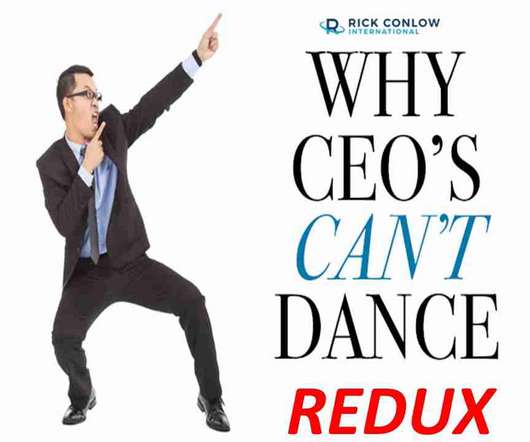Understanding Yourself to Lead Others Better
Organizational Talent Consulting
FEBRUARY 27, 2023
In today's increasingly complex and culturally-diverse workplace , leaders that are able to perceive, assess, and regulate their own and others' emotions accurately are able to better leverage diversity and create team cohesion. The impact of emotional intelligence on the accuracy of self-awareness and leadership performance.












Let's personalize your content